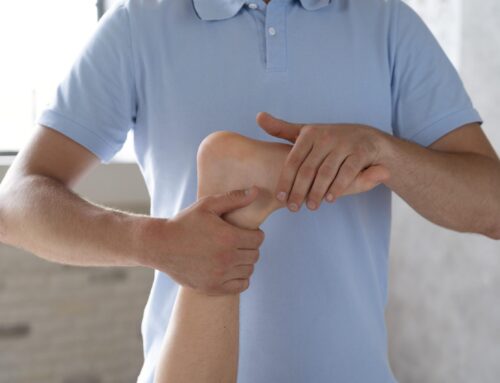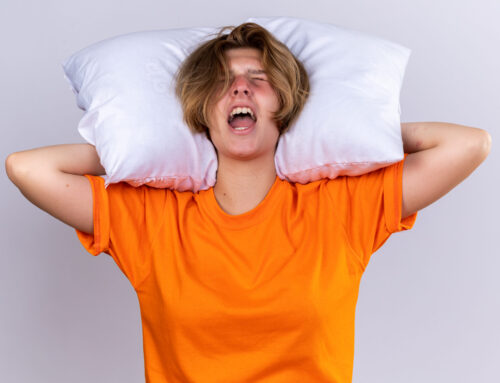Overview
An internal clock in your body causes you to feel sleepier at night and more awake and alert during the day.
The circadian rhythm refers to this regular 24-hour cycle of sleep and waking. Environmental cues like light and darkness, meal timing, and physical activity are all important.
A circadian rhythm sleep disorder could be defined as the disruption of this cycle. This may result in symptoms ranging from depression to excessive daytime sleepiness.
Common types of circadian rhythm sleep disorders
The six circadian rhythm sleep disorders are listed below. Each is distinguished by particular sleep disruption patterns that cause insomnia or excessive daytime sleepiness.
- Advanced sleep-wake phase disorder (ASWPD)
People who have this condition typically go to bed between 6 and 9 p.m. earlier than the majority of people. They also get up early, between 2 and 5 in the morning. Older adults are more likely to have ASWPD.
- Delayed sleep-wake phase disorder (DSWPD)
The most prevalent circadian rhythm sleep disorder is this one. People with DSWPD typically wake up later than most people and typically go to sleep later than others. Adolescents and young adults are more likely to have this condition.
- Non-24-hour sleep-wake rhythm disorder (N24)
Sleep patterns in those with N24 are inconsistent with a 24-hour day. Their bedtimes are eventually pushed back until they are sleeping during the day. N24 is present in between 55 and 70 percent of blind people.
- Irregular sleep-wake rhythm disorder (ISWRD)
This condition causes a person to sleep for brief intervals that are not timed by their circadian rhythm. As a result, they will sleep intermittently throughout the course of a 24-hour day, interspersed with wakeful intervals.
- Jet lag disorder
Traveling by air across at least two time zones can cause this condition, which can affect people of all ages. The body frequently struggles to adjust to the new time. The severity of the symptoms increases with the distance between time zones.
Most often transient, some people are more affected by jet lag disorder than others.
- Shift work disorder
Those who work overnight or in the early morning tend to develop this condition. People with shift work disorder have trouble making up for lost sleep at night by sleeping enough during the day.
Symptoms
Most people with circadian rhythm sleep disorders have one or more of these symptoms:
difficulty going to sleep
difficulty staying asleep
not feeling refreshed after sleeping
feeling less alert
memory issues


